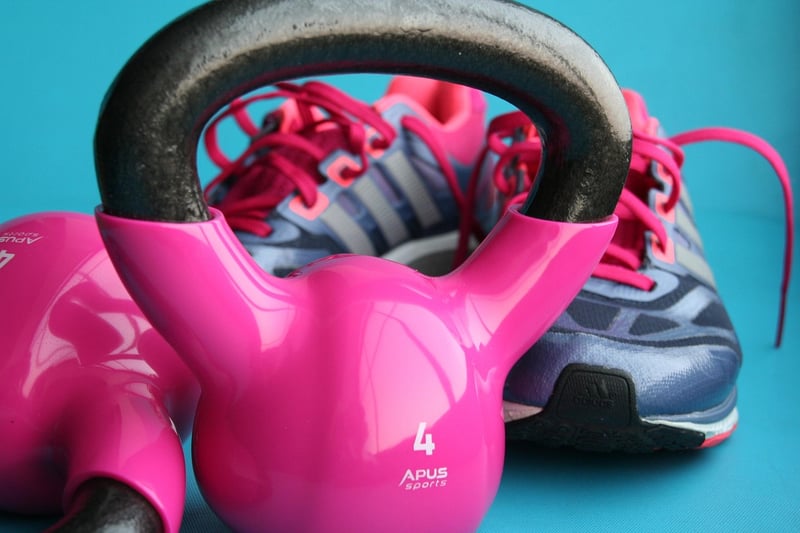Vitamins & Minerals
The Essentials of a Balanced Diet: Vitamins and Minerals
Eating a balanced diet is crucial for maintaining good health and overall well-being. A well-balanced diet provides the necessary nutrients, including vitamins and minerals, that are essential for the body to function properly. Let's explore the key essentials of a balanced diet and the role of vitamins and minerals in maintaining optimal health.
Key Components of a Balanced Diet
A balanced diet includes a variety of foods from different food groups to ensure that your body receives all the essential nutrients it needs. The key components of a balanced diet are:
- Fruits and Vegetables: Rich in vitamins, minerals, fiber, and antioxidants.
- Whole Grains: Good source of fiber, vitamins, and minerals.
- Proteins: Essential for building and repairing tissues in the body.
- Dairy or Dairy Alternatives: Provide calcium and other essential nutrients.
- Healthy Fats: Found in nuts, seeds, and oily fish, essential for brain function and overall health.
The Role of Vitamins and Minerals
Vitamins and minerals are micronutrients that are essential for various bodily functions. They play a crucial role in supporting the immune system, promoting growth and development, maintaining healthy skin and hair, and ensuring proper functioning of organs and cells.
Some important vitamins and minerals include:
- Vitamin C: Boosts the immune system and aids in the absorption of iron.
- Vitamin D: Essential for bone health and calcium absorption.
- Calcium: Vital for bone strength and muscle function.
- Iron: Necessary for the production of red blood cells and oxygen transport.
- Potassium: Helps regulate blood pressure and muscle contractions.
Ensuring You Get Enough Vitamins and Minerals
To ensure you are getting an adequate amount of vitamins and minerals in your diet, it is important to consume a variety of nutrient-dense foods. Eating a colorful array of fruits and vegetables, whole grains, lean proteins, and healthy fats can help you meet your daily nutritional requirements.
However, in some cases, supplementation may be necessary, especially for individuals with specific dietary restrictions or medical conditions. It is always best to consult with a healthcare provider or a registered dietitian before starting any vitamin or mineral supplements.

Remember, a balanced diet rich in vitamins and minerals is key to maintaining good health and preventing deficiencies that can lead to various health problems. Make healthy food choices a priority and enjoy the benefits of a well-nourished body!
